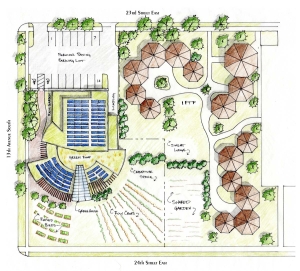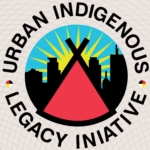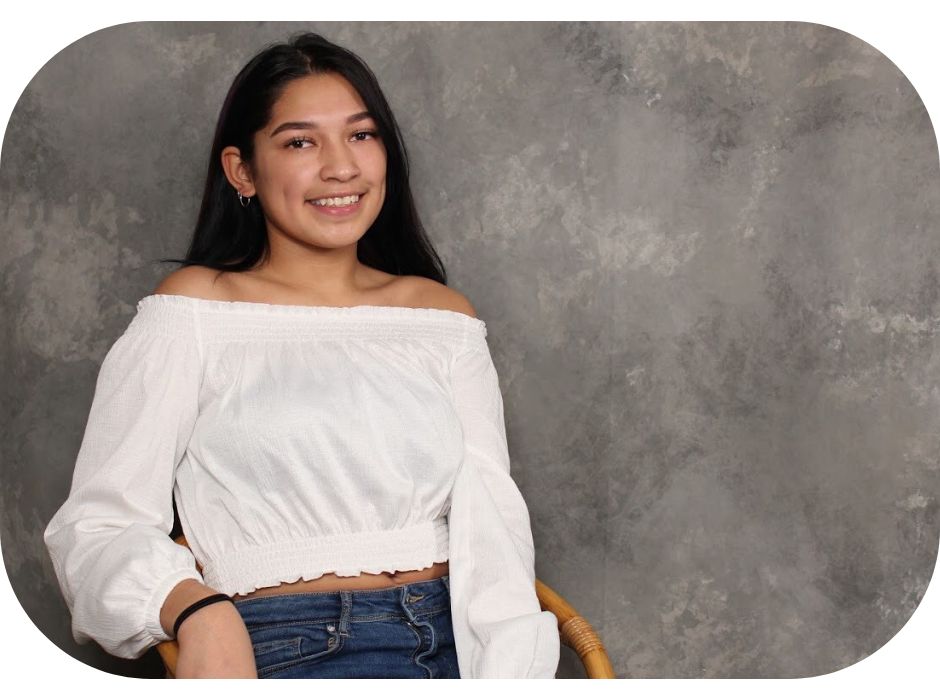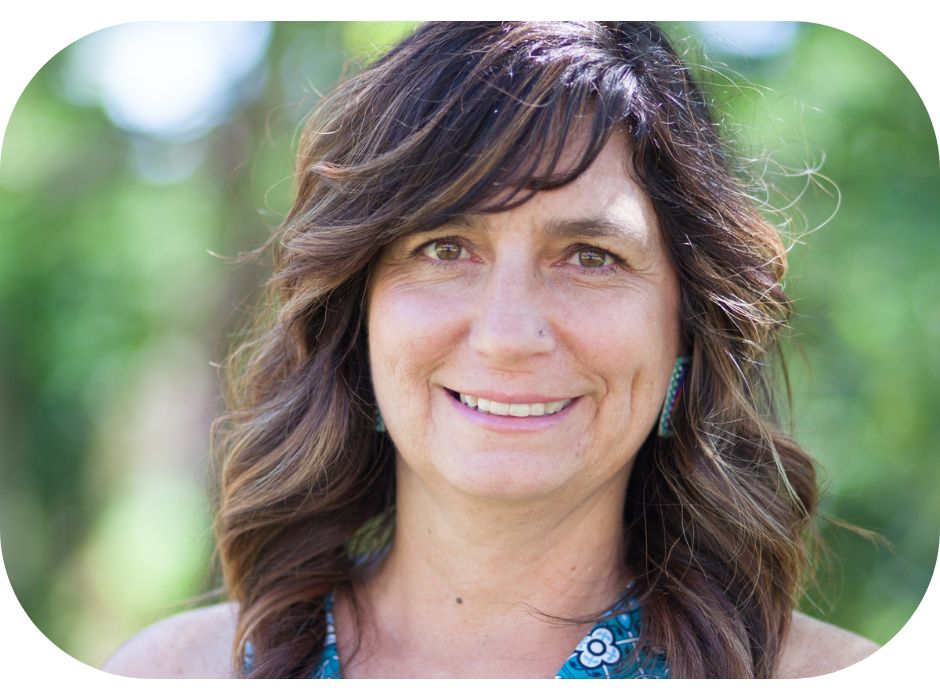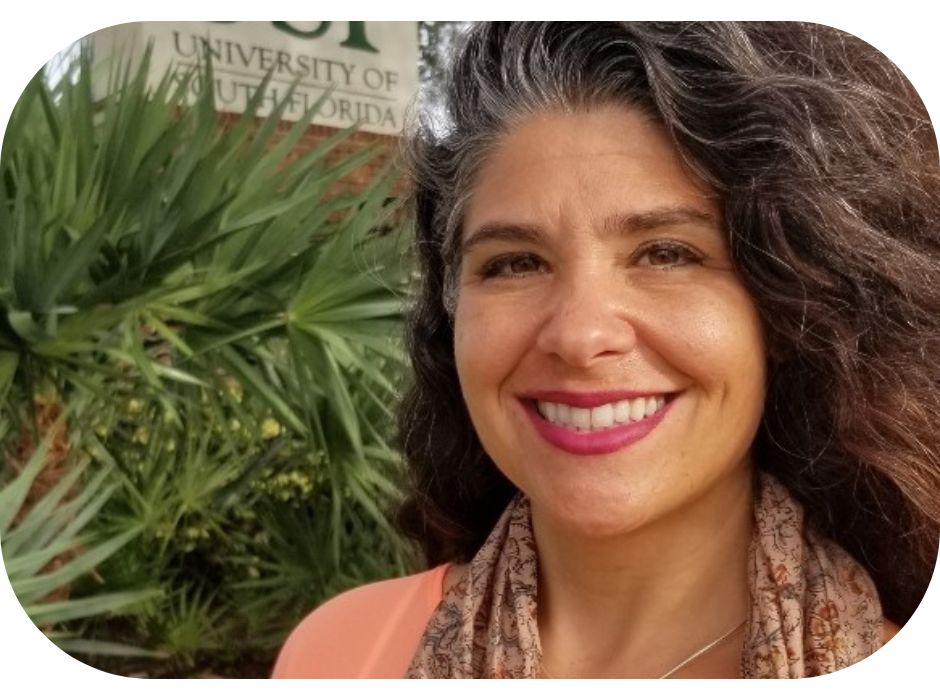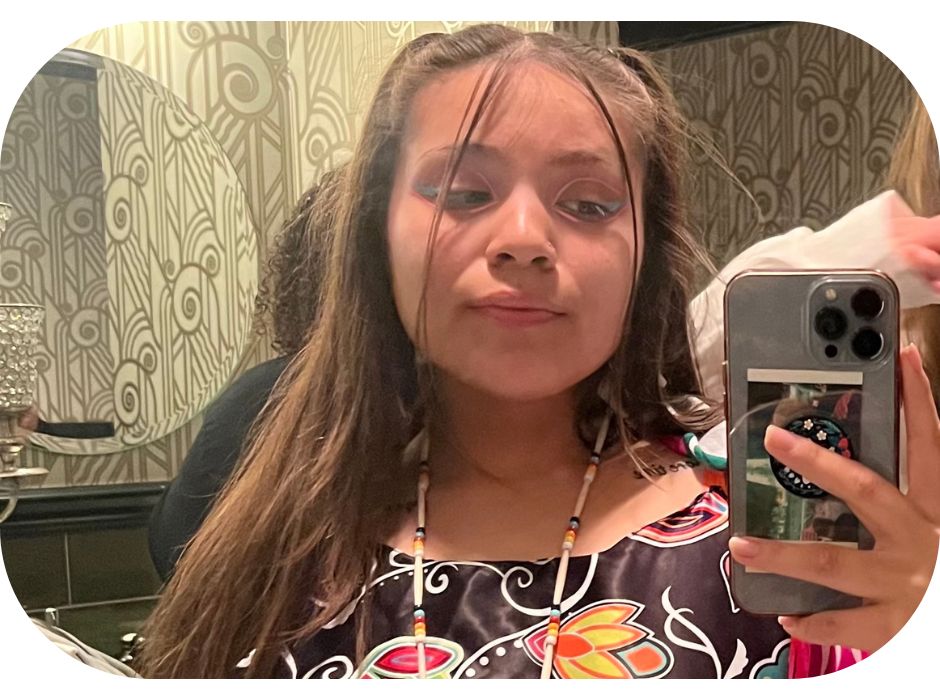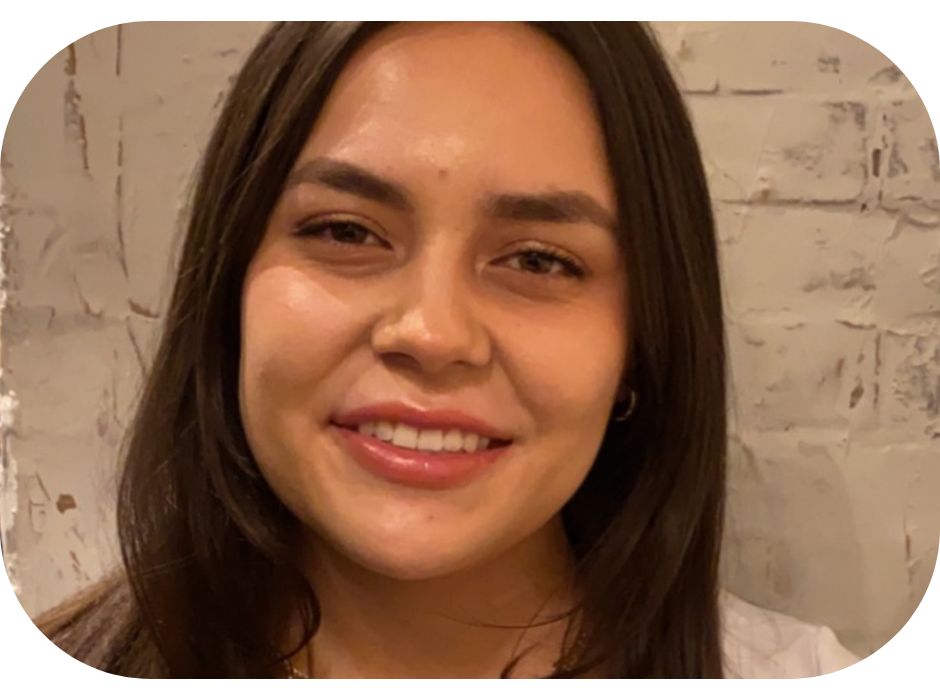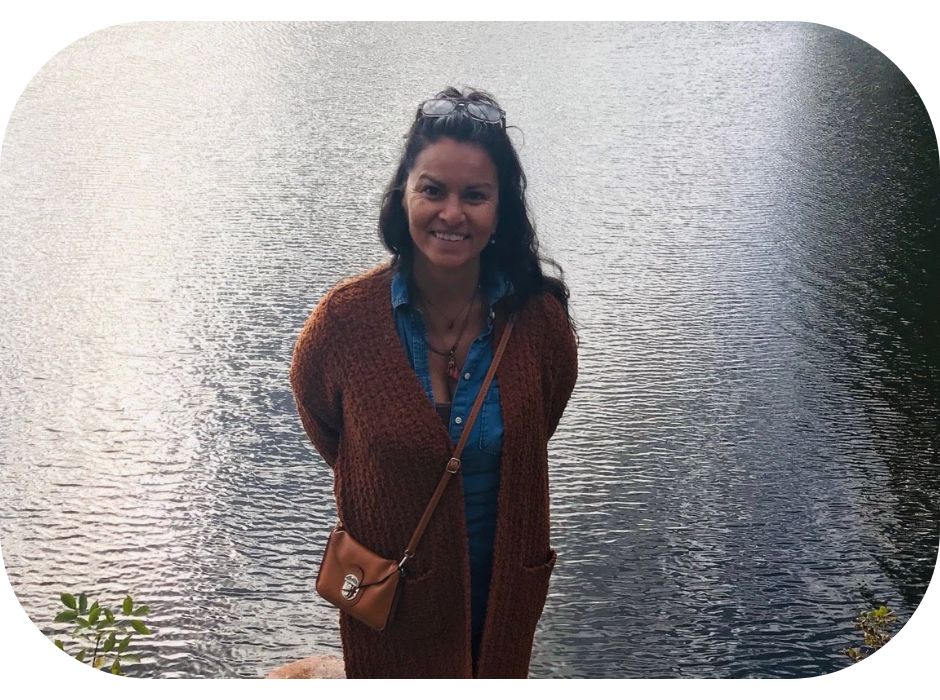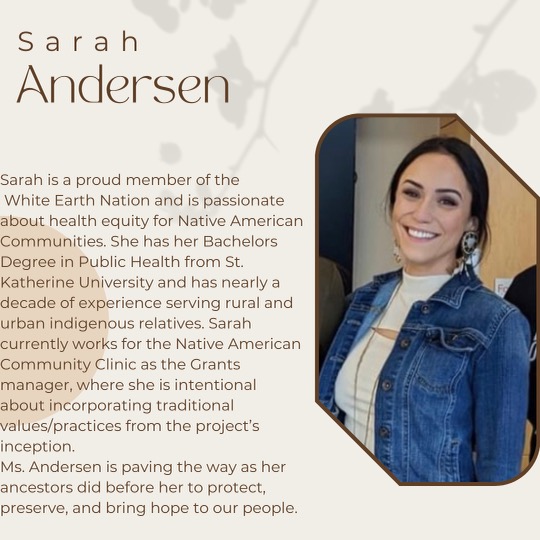Mikwanedun Audisookon
A center for art and wellness
Click Here to Donate to This Project
“Mik-wane-dun Aud-i-soo-kon” means “remember our teachings” in Ojibwe.
The Mikwanedun Audisookon Center will continue the healing traditions that have been passed down through the generations, providing an urban sanctuary where body, mind, and spirit can become whole through time-honored indigenous culture and practice.
At 12,350 sq ft, the new center will provide office, training and education, creative and community spaces for the use of the indigenous community and the neighborhood. The new facility will allow all of IPTF’s programming to be expanded, and its art and theater programming to be brought under one roof.
Use of indigenous-based building materials and renewable energy systems will result in significantly lower energy and operational costs and reduced environmental impact. Using green building technologies will also create job opportunities and model environmentally responsible choices that respect the health of our earth, air and water.
Mikwanedun Audisookon Center will represent a $6M capital investment in the Phillips neighborhood, with ongoing program and job training investments – a significant and long-term contribution toward the health, cultural vitality, and economic growth and stability of the Native American and South Minneapolis communities.
If you would like to learn more about the Mikwanedun Audisookon Center, make a contribution to the capital campaign, or otherwise help to make this dream a reality, please contact Sharon Day.
Click Here to download the artist renderings (18 MB)
Click Here to download the proposed blueprints (336 KB)
Click Here to download Brochure #1 (3 MB)
Click Here to download Brochure #2 (3 MB)
Projected impacts of the Mikwanedun Audisookon Center:
Increased access to culturally based holistic health education and services: The center will provide the office, activity and community space IPTF needs to efficiently integrate its health and environmental education, art and theater opportunities, case management services, and housing and traditional healing activities for Native youth and adults.
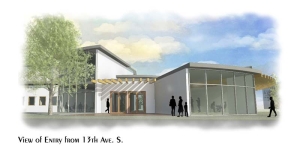 Training in green building technologies: Training in green building technologies — largely inaccessible for Indigenous peoples, people of color and low-income people living in Minneapolis — will be provided. Use of compressed earth block (“CEB”), photovoltaic and geothermal energy, along with water quality best management practices, will provide a “learning laboratory” for vocational trainings in green construction, renewable energy and ecological landscaping. Certified training and informal workshops in CEB will take place both during and after construction. Certified participants will then receive training as community educators expanding the positive impacts beyond the center.
Training in green building technologies: Training in green building technologies — largely inaccessible for Indigenous peoples, people of color and low-income people living in Minneapolis — will be provided. Use of compressed earth block (“CEB”), photovoltaic and geothermal energy, along with water quality best management practices, will provide a “learning laboratory” for vocational trainings in green construction, renewable energy and ecological landscaping. Certified training and informal workshops in CEB will take place both during and after construction. Certified participants will then receive training as community educators expanding the positive impacts beyond the center.
Increased arts and cultural programming: The center will house a workshop/studio, gallery and small theater allowing IPTF to offer hands-on creative opportunities for both youth and adults. IPTF will also expand its popular Ikidowin Program, which uses theater arts to address the issue of teen pregnancy in a peer-to-peer setting.
Improved community safety, economic stability and relationship building: Inclusiveness and respect for diversity are central tenets of traditional Native American cultures. Though IPTF programs are based in Native values and ways of knowing, they are open to youth and adults of all backgrounds. Mikwanedun Audisookon Center will provide safe space where anyone can restore and renew their relationship with each other and the environment.
Urban Indian Legacy Initiative
The need to update our facilities is something that we share with many of the other Native American non-profit organizations in the Twin Cities. In 2021 we created a 16 organization collective to join together and appeal for capital funding from the American Recover Act and other sources at the state and local level. Learn more about the Urban Indian Legacy Initiative here and please contact your representatives in support of this project.

